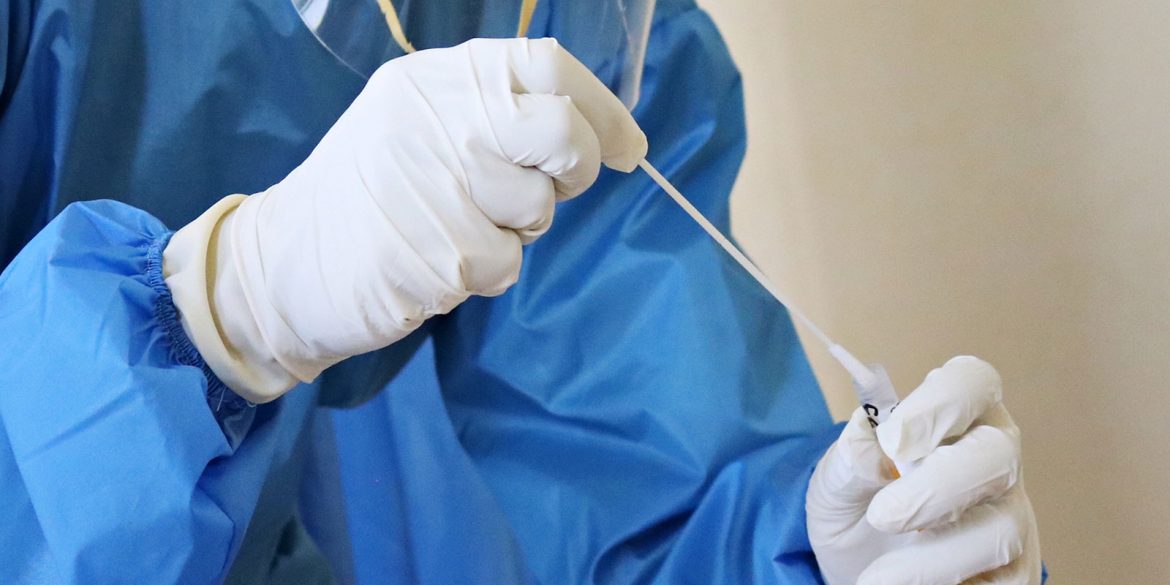
A new study, published in the leading journal Nicotine and Tobacco Research’s special issue devoted to smoking and COVID-19, found that being on the COVID-19 frontlines could negatively impact hospital workers’ mental health—even during lull periods and even for ancillary hospital staff, such as maintenance workers and administrative staff.
At Israel’s Hadassah Medical Center, more than half (59%) of hospital workers reported an increase in stress levels. Further, one third (35%) of those surveyed who were smokers noticed an uptick in the number of cigarettes they smoked each day during the coronavirus pandemic. The study, led by Dr. Yael Bar-Zeev and Dr. Nir Hirshoren at Hebrew University of Jerusalem (HU)’s Braun School of Public Health and Hadassah Medical Center, along with Lev Academic Center’s Dr. Michal Shauly-Aharonov and HU’s Prof. Yehuda Neumark, surveyed close to 1,000 hospital workers between the first and second wave of the coronavirus. Of all the doctors, nurses, allied health professionals, administrative and maintenance workers surveyed, 132 were smokers.
In contrast to similar worldwide studies that focused on stress levels among general populations during the early lockdowns, this new study focused on hospital workers during a relatively slower period–between the first and second coronavirus waves—when the number of COVID-19 infections and deaths were low.
According to the research team, these study findings emphasize the need to provide mental health support for all hospital workers as part of the pandemic response, paying specific attention to smokers and those experiencing sleep disturbances. “Many smokers won’t be receptive to cessation programs right now. However, as the pandemic shows no signs of letting up, health ministries and hospitals need to take the mental health of their employees seriously and to provide stress-coping support for all their staff, even those not behind the gurney or with a scalpel in hand,” Bar-Zeev added.
